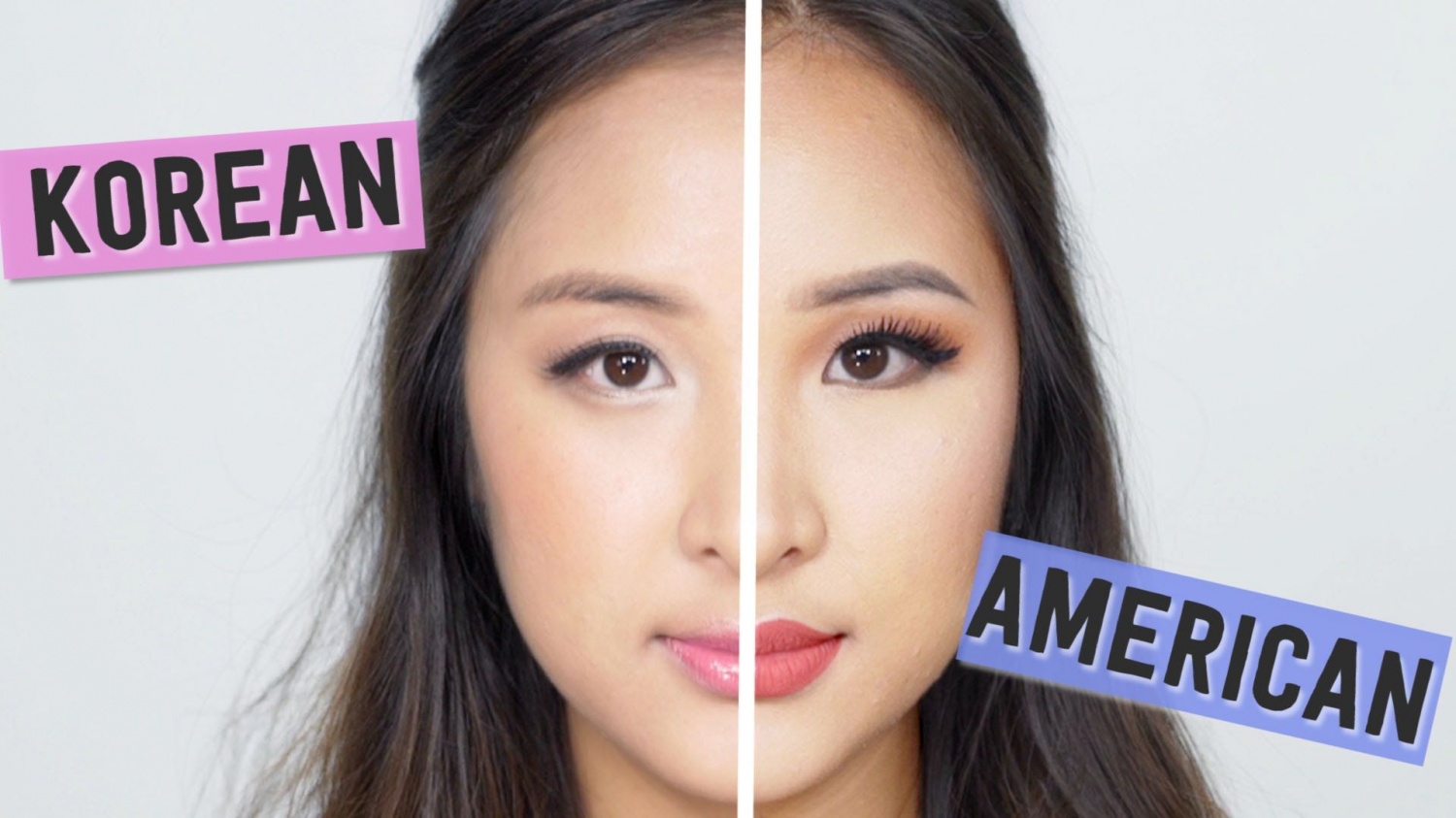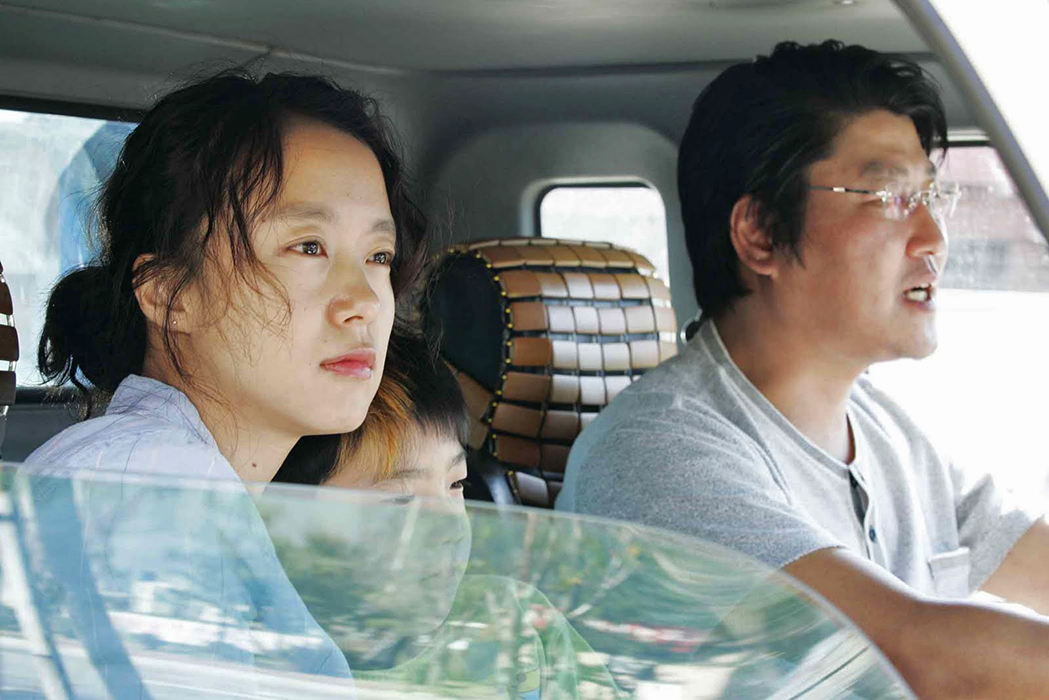AIDA GONZALEZ MARTINEZ, expert from Mexico, asked for a definition of “high-risk”, as it pertained to women in El Salvador who were tested for HIV/AIDS. Also, were activities aimed at prevention and awareness-raising with respect to AIDS focused on men, as well as women? In addition, she asked about the relationship in El Salvador between the maternal mortality rate and abortion. Regarding migrants, she asked about programmes the country had in place for people, particularly women, wishing to return to their homeland. ROSARIO MANALO, expert from the Philippines, asked whether the country’s long-term plan for the empowerment of women would include affirmative action in addition to training, and whether the media would be used to change attitudes. She also asked about the participation of women in local politics, and noted a serious lack of women in foreign affairs posts.
ECLAC called on leaders to “consider women’s diversity and the varied ways in which violence against them is manifested,” as crimes against women also usually have economic, age, racial and cultural components. “Femicide is the most extreme expression of violence against women,” said ECLAC’s executive secretary, Alicia Barcena. In addition to having the highest rate of homicide in the dating el salvador world, El Salvador also has one of the highest rates of violence against women. By the terms of a June 2000 presidential announcement, preventive health services were free for anyone, she said. At present, the country was making efforts to change traditional patterns regarding the use of family planning methods. The focus had been on involving men in the health and reproductive area.
Upon divorce, if a woman retained child custody, did she stay in the family residence? During marriage, were children under the trusteeship of the father, or was it shared between mothers and families? Was the mother of an illegitimate child able to pursue legal means to establish paternity? Ms. TAVARES DA SILVA, expert from Portugal, asked for an explanation of the imbalances between men’s and women’s wages in certain sectors. She also noted the low level of contraceptive use in the country, and asked whether abortion was being used as a method of family planning. NAELA GABR, expert from Egypt, noted the grave disparity in literacy rates between urban and rural areas in El Salvador, and urged the country to stamp out illiteracy.
In December 2014 one of “Las 17,” Mirna Isabel Rodriguez, “Mima,” was released after serving her prison sentence before her pardon could be finalized. On May 20, San Salvador’s Third Tribunal Sentencing Court ruled there was not enough evidence to prove charges against a second member of the group, Maria Teresa Rivera, for aggravated homicide after having a miscarriage in 2011. On October 24, an appellate court did not admit a case against a third member, Santos Elizabeth Gamez Herrera. During the year the NGO Colectiva Feminista reported that two more women presented their cases, which included similarities with those of the “Las 17” women. In an effort to sensitize the judicial system to gender-based violent crimes, the Legislative Assembly approved the creation of specialized courts for violence against women. The San Salvador courts began operations on June 1, while the San Miguel and Santa Ana courts were scheduled to start in 2017.
Why Nobody is Today What You Should Do And Discussing Salvadoran Women
El Salvador is a country where79%of recorded sexual violence cases this year have involved girls younger than 19, abortion is strictlycriminalized, andone in three pregnanciesbelongs to a teen girl. It is one of the deadliestcountriesin the world;femicide ratesrank high according to international standards and a considerable number of girls die bysuicideto escape violence. These marches occur every year on March 8, International Women’s Day, as women’s rights activists demand more radical and swift change for equality. Establishing effective women’s rights in El Salvador, including freedom from domestic, sexual and organized violence, is challenging but not impossible.
Although men may appear as the prominent actors in gangs and in the state response, women play critical and unique roles as members of gangs, in communities in proximity to gang activity, and in responding to gang violence. To develop comprehensive and creative solutions to the widespread political violence of gangs, it is necessary to critically examine strategic engagement points — including how women participate in, shape, and are affected by gangs. Living adjacent to the thriving culture of Korean, Cambodian, and African American gangs, many young men and women turned to Salvadoran gangs to protect their community and to assert their dominance over other groups. The most established maras are La Mara Salvatrucha (MS-13) and Barrio 18 (M-18) — the numbers indicate the original territory they controlled in Los Angeles, 13th Street and 18th Street, respectively.
It is imperative for El Salvador to recognize and abide by the provisions in international human rights treaties in order to advance women’s equality, dignity, and justice. El Salvador has not only ratified most international human rights, including the UNDHR, ICCPR, and ICESCR, but has provisions in its constitution to protect life, liberty, and health. The Court found that “constitutional rights and obligations must be interpreted in harmony with international human rights treaties,” further affirming that reproductive and sexual rights were strongly grounded in numerous human rights doctrines. In 2006, Colombia’s Constitutional Court overturned its abortion ban after a petition to the court argued that the criminalization of abortion violated women’s fundamental rights to life, health, privacy, and dignity.
The new government focused on promoting the Universal Social Protection System as a strategy of social development, while seeking coverage of basic social services to the impoverished population, such as education, health, violence prevention, and basic pension. The need to halt environmental degradation and curb proneness to disasters caused by natural phenomena has also been recognized. The main challenges the country currently faces are migration, violence and social insecurity, gender inequality as well as the proneness to climate change impacts and the impacts of natural and anthropic phenomena.

By prioritizing the rights of a fetus over the rights of the woman, this amendment has had devastating consequences for women seeking emergency medical attention for obstetric complications. In some countries, similar harsh penalties are on the books but rarely enforced. This is not the case, however, in El Salvador, which has the highest rates of prosecutions in Central America of women accused of carrying out abortions.
The government was found to have been violating K.L’s right to life, among other rights (privacy, security, and non-discrimination), and was forced to provide adequate compensation to the complainant and prevent similar violations in the future. However, most international human rights treaties do not define a starting point for the right to life, but suggest that the right to life is not intended to apply before the birth of a human being, particularly when the right to life of a living person is at risk.
During the event, two specialized lectures were made in topics such as sexual violence committed against girls and women in El Salvador and the problem of gender stereotypes in dealing with cases of disappeared persons. David von Blohn is a visual storyteller, focused on producing short and web documentaries with cinematic narratives. He has collaborated with media outlets around the world, including Al Jazeera, National Geographic and MSNBC as well as with international organisations, incuding the United Nations Development Programme. His work centres on women’s and queer people’s rights, indigenous peoples, environment, and migration. Further information on such courts could not be found among the sources consulted by the Research Directorate within the time constraints of this Response. Article 2 of the Law defines women’s rights, and Article 57 outlines the procedural guarantees for women victims of violence (El Salvador 2011, Art. 2, 57). The Salvadoran government launched its first NAP in 2017 for a period of six years ( ).
Disruption of daily life due to armed violence is similar to the challenges experienced during wartime, though often without the markers or recognition associated with war. With gang violence primarily viewed as a domestic criminal issue, external support for conflict mitigation and humanitarian assistance is often low. Yet the disruptive impact of such high rates of violence is significant, and the humanitarian impact is severe. New theoretical frameworks are needed to better problematize extreme armed violence in ‘peacetime’ states. This article seeks to bring an understanding of the severity of armed violence in states such as El Salvador into engagement with the critical and theoretical foundations of the women, peace and security field. Gendered dynamics shape gang violence in El Salvador, and a gender lens helps reimagine its impact. In these communities, the level of violence often replicates the experiences of war, and thus a WPS lens is a critical tool for analysis.
Discrimination was handled under those terms, and the countries two legislatures were currently proceeding with constitutional reform. Three-quarters approval was needed in the legislature for ratification of the Optional Protocol of the Convention, which she hoped would be ratified after the elections. Responding to questions about the Institute for the Advancement of Women, Ms. Argueta said the guidelines and role of the Institute were the responsibility of the National Secretary of Women and Children. Four assisting bodies helped to ensure implementation of the Convention, although specific areas were dealt with by the ministries of education, labour, and agriculture. As a policy body, the Institute had a small budget, but each Ministry had about $1 million for projects to implement international and national standards to advance women and ensure gender equality.
Practices Of Salvadorian Women Users

The ruling declaring the Amnesty Law unconstitutional empowered parties to request judges to reopen cases related to civil war era crimes and for individuals to petition the attorney general to open new cases. The court ordered prison authorities to build new prisons and to remodel others to shelter inmates humanely and the judicial system to review the inmate rosters with an aim of reducing the number of prisoners. Authorities closed one prison during the year, and another was under construction. The absolute criminalization is institutional violence and a form of torture against girls and women. With the 2009 elections, the leftist party came to power for the first time in over two decades.
Turning to the agrarian code, she said there was a strategy to update agrarian laws to promote gender equality. MERIEM BELMIHOUB-ZERDANI, expert from Algeria, said it was difficult to reproach the delegation when the country had experienced ten years of war and two earthquakes. Regarding marriage, she asked if there was a common law to ensure shared property rights between spouses.
